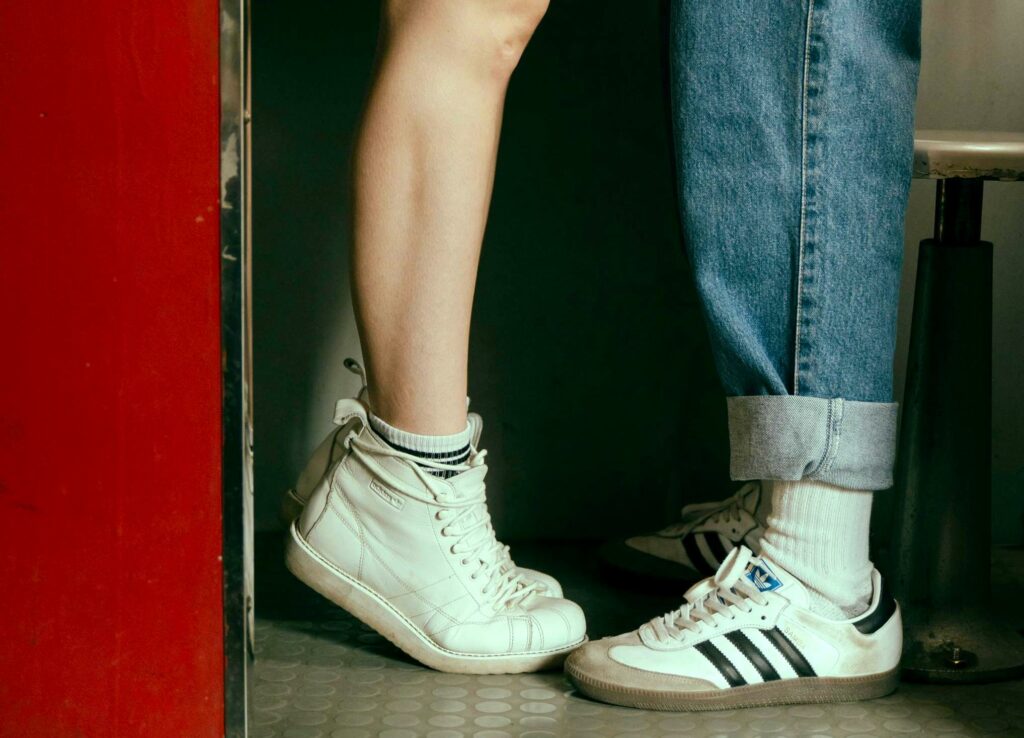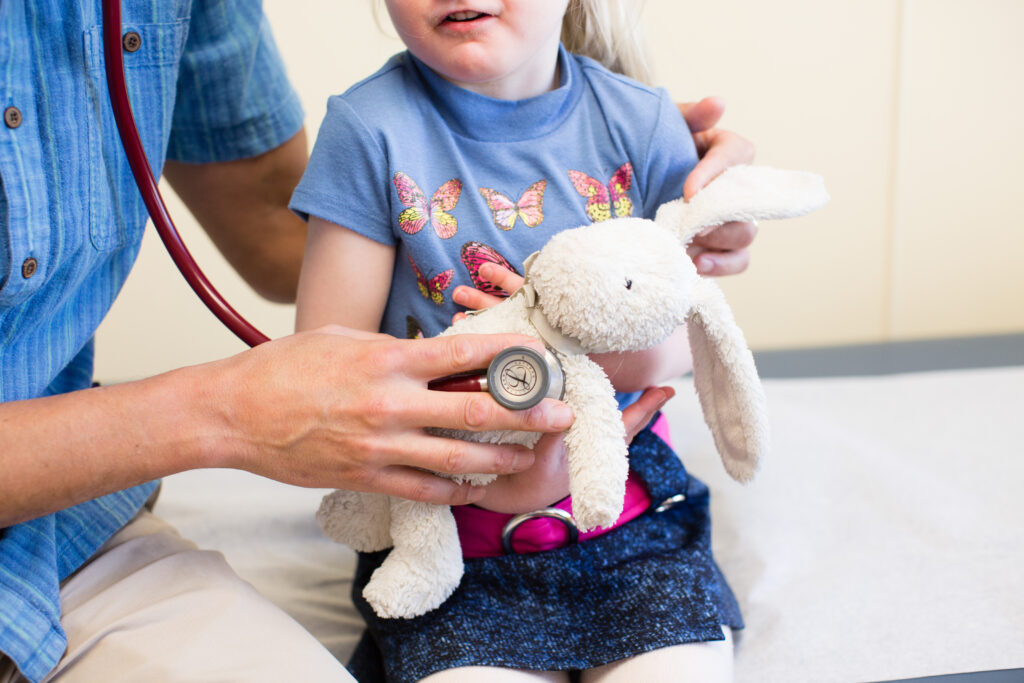Not all kids stop wetting the bed after they’ve been potty trained.
In fact, 20 percent of 5-year-olds, 10 percent of 7-year-olds, and 5 percent of 10-year olds may regularly wet their beds. Even some teens may struggle with wetting the bed.
Kids who wet the bed fall into two categories. The most common is primary enuresis, which describes kids who have always wet the bed and haven’t yet developed nighttime bladder control.
Secondary enuresis applies to kids who developed nighttime bladder control for at least 6 months and then began wetting the bed again. This type of bedwetting can be caused by stress, a urinary tract infection, neurological issues, or other health problems. When secondary enuresis occurs, especially in older children or teens, your child should be evaluated by a doctor.
Causes of Bedwetting
Bedwetting most commonly can be blamed on delays in development in three areas: the brain doesn’t wake up when the body needs to urinate, the kidneys produce too much urine at night, and/or the bladder isn’t large enough.
For most kids, bedwetting will decrease as they age and as their body grows and develops. For young children, it’s common for them to go several days or even weeks without wetting the bed and then start having nighttime accidents again. Just like a potty training, it’s a process that takes time and patience.
Some other common causes of bedwetting include:
- Constipation, which puts pressure on the bladder
- Minor illnesses
- Changes or stresses at home
- Having a parent who also wet the bed as a child
- Being a deep sleeper
Signs of an Underlying Medical Concerns
For kids who suddenly start bedwetting again after 6 months of staying dry at night, you should speak to your provider at Pediatrics West to check for any underlying medical causes.
Often, if there is an underlying medical concern, there will be other signs, such as:
- An increase or decrease in the frequency and amount your child pees during the day
- Daytime accidents or poor bowel control
- Burning, painful or difficult urination
- Cloudy or blood-tinged urine or bloodstains on underwear
- Underwear that is constantly damp
- Changes in their walking ability, which can signal neurological issues
- Urinating after physical stress (such as lifting something heavy, running, or even coughing)
Emotional Support
Kids who wet the bed, especially at older ages, can be embarrassed, have low self esteem, or feel anxious.
It’s important not to punish or shame a child who wets the bed. Instead, be supportive and patient and make sure your child knows bedwetting is not their fault. Don’t make a big deal out of it, and explain to your child that many children their age also wet the bed.
Make sure other family members, including siblings, also know not to make a big deal of bedwetting or to tease your child about it.
Prepping for Bedtime
You can take some steps before bedtime to help ease any bedwetting struggles in the middle of the night and help your child stay dry:
Nighttime protection: There are both disposable and reusable cloth “underwear” available for kids and teenagers with nighttime incontinence. This can be helpful at home but also can be a discreet option for kids that go to overnight camps or sleepovers.
Prepping the bed: Put a waterproof cover on your child’s mattress to protect it. Near the bed, keep a second set of sheets, a mattress cover and clean pajamas to make cleanup after an accident less disruptive at night. If your child is older and prefers discretion, you can provide a laundry basket for wet sheets so they can change the sheets and clean up themselves.
Watch what they eat/drink: Food and drinks that are high in salt, caffeine, and sugar can contribute to bedwetting. Limit these types of foods and drinks during the day and especially close to bedtime.
Before bedtime: Have your child use the bathroom and limit how much water they drink before going to sleep.
Mid-sleep potty break: An hour or two after they go to sleep, try waking your child to use the bathroom. Limit these night awakenings to only once a night to prevent disrupting their sleep patterns.
Treatment for Bedwetting
Depending on the cause of your child’s bedwetting, there are some treatments that can help, especially if your child takes an active role in it. Some options include:
Bedwetting Alarms: These are alarms that buzz or vibrate when it senses a child’s underwear is wet. This wakes up the child and trains the brain over time to associate the feeling of needing to urinate with waking up so they can get up and use the bathroom. Research has shown these alarms help about 50 percent of kids who use it properly after a few weeks.
Medication: Depending on the cause of your child’s bedwetting, your doctor may prescribe a medication that can help with bedwetting. These medications are for kids 6 years of age and older and can help prevent some kids from bedwetting. Your doctor can help you determine if this is the right option for your child and help you weigh the possible side effects.
If you are concerned about your child’s bedwetting, you’ve seen sudden changes, or suspect an underlying medical cause, contact your provider at Pediatrics West at 720-284-3700.


